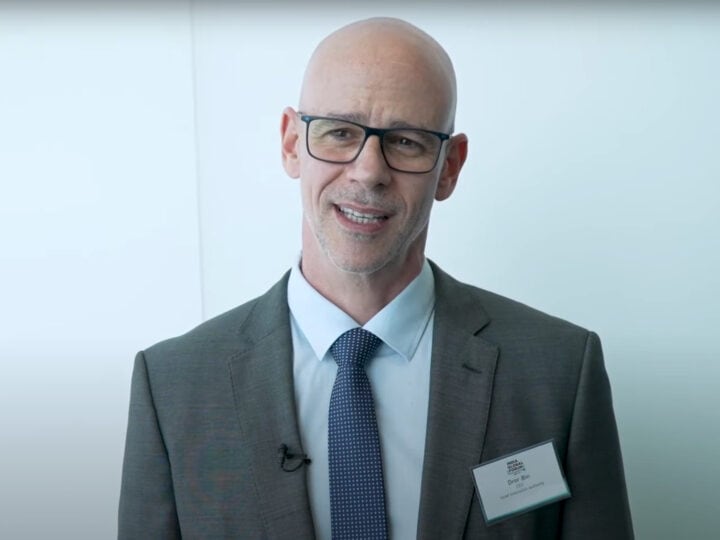This month, two Israeli pharmaceutical companies received good news from the US Food and Drug Administration (FDA).
Jerusalem’s Gamida Cell was granted orphan product development status for NiCord, its enriched stem-cell treatment for acute lymphoblastic leukemia, acute myeloid leukemia, Hodgkin lymphoma and myelodysplastic syndrome. Orphan drug designation promotes the development of promising products for the treatment of rare diseases or conditions.
Misgav-based cCAM Biotherapeutics got the green light to proceed with a Phase 1 trial for CM-24, a first-in-class immunomodulatory monoclonal antibody for treating various types of cancers.
Gamida Cell develops cell-therapy technologies and products for transplantation and adaptive immune therapy. The company’s pipeline of products in development address conditions including blood cancers, non-malignant hematological diseases such as sickle-cell disease and thalassemia, neutropenia and acute radiation syndrome, autoimmune diseases, solid tumors and genetic metabolic diseases.
“Receipt of orphan drug status for NiCord in the US and Europe advances Gamida Cell’s commercialization plans a major step further, as both afford significant advantages,” said Gamida Cell president and CEO Dr. Yael Margolin.
Two days after the FDA announcement, Gamida Cell revealed that the first person has been successfully transplanted with cryopreserved (frozen) NiCord in the company’s ongoing Phase I/II clinical study for blood-cancer patients. Until now, NiCord has been transplanted as a “fresh” product that must be infused into the patient within a limited number of hours from the moment the product is released from the manufacturing site.
cCAM, a biopharmaceutical company focused on the discovery and development of novel cancer immunotherapies, has preclinical data showing that CM-24 can enhance the activation of tumor-specific immune cells.
“We are impressed by the preclinical data to date, and are excited to take part in this trial, assessing the safety and tolerability of a new, first-in-class immune checkpoint inhibitor,” said Dr. Antoni Ribas of the Jonsson Comprehensive Cancer Center at UCLA.
UCLA, Yale and two other centers will participate in cCAM’s safety and tolerability trial focusing on cancer patients with advanced or recurrent malignancies, including melanoma, non-small cell lung adenocarcinoma and bladder, gastric, colorectal or ovarian cancer.
















